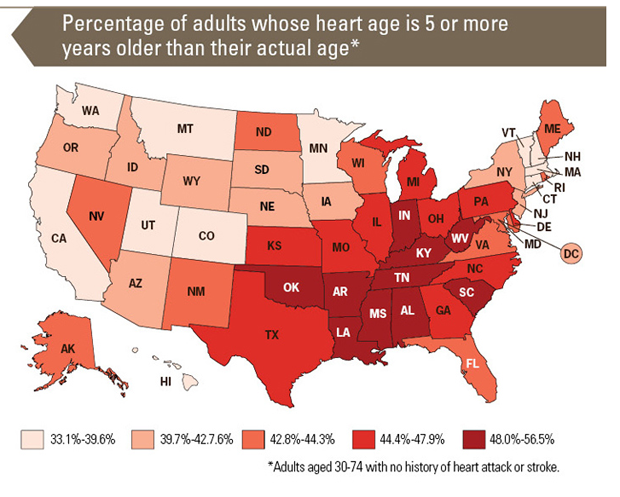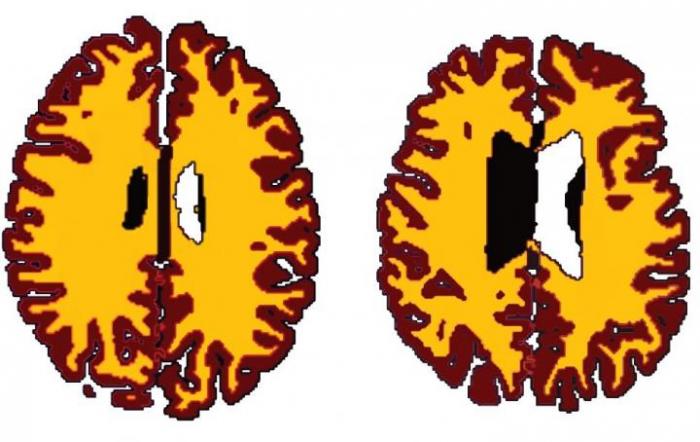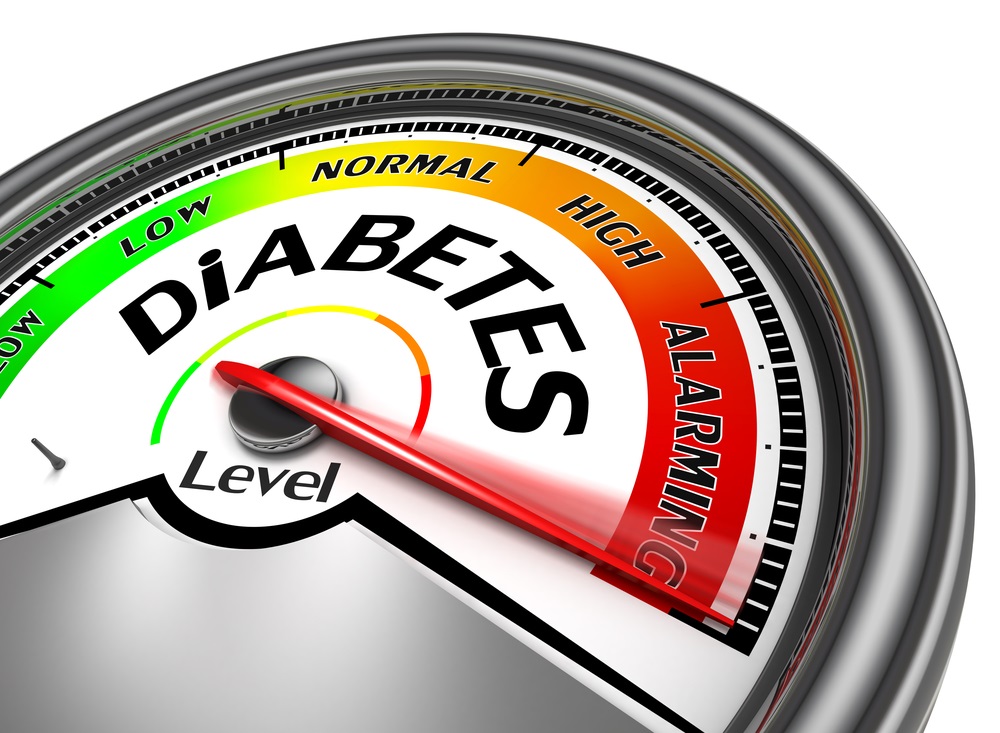In a report published by the Center for Disease Control and Prevention (CDC), officials estimate that 3 out of 4 adults in the United States have a predicted “heart age” older than their chronological age, which increases their risk of heart attack and stroke.
Your heart’s age is calculated based on risk factors like high blood pressure, cigarette smoking, body mass index and diabetes, among others. The Framingham Heart Study, A Project of the National Heart, Lung, and Blood Institute and Boston University, has created a Heart Age Predictor, using many of those same factors.
The Study
In the Framingham Heart Study, data was collected from all 50 states that determined nearly 69 million adults in the United States between the ages of 30 and 74 years old have a heart age older than their actual age. The results also show that half of men and 2 in 5 women have a heart age that’s five or more years older than their chronological age. The average heart age for adult men was eight years older than their actual age, while it was five years older for women. CDC Director, Dr. Tom Frieden, stated, “Too many U.S. adults have a heart age years older than their real age, increasing their risk of heart disease and stroke. Everybody deserves to be young – or at least not old – at heart.”
According to the CDC and the research study, geographic differences can be seen below; the highest heart ages were found in the South. Mississippi, West Virginia, Kentucky, Louisiana and Alabama had the highest percentage of adults with a cardiovascular age of 5 years or more above their actual ages. The states with the lowest percentages were Utah, Colorado, California, Hawaii and Massachusetts.

To start managing the age of your heart, the U.S. Department of Health & Human Services advises you to quit smoking, eat a healthier diet, exercise regularly, and control your blood pressure and cholesterol.*
The University of Maryland Medical Center states that omega-3 fatty acids, essential fatty acids necessary for human health and crucial for overall growth and development, are very important. “Research shows that omega-3 fatty acids reduce inflammation and may help lower risk of chronic diseases such as heart disease, cancer and arthritis.” The organization goes on to say that those who get high amounts of omega-3 fatty acids, also tend to have decreased triglyceride levels (fats in the blood). Omega-3’s may also help with high blood pressure – “An analysis of 17 clinical studies using fish oil supplements found that taking 3 or more grams of fish oil daily, may reduce blood pressure in people with untreated hypertension.” And, overall, The University states that there is also evidence that suggests that EPA and DHA (two omega-3 fatty acids found in fish oil) help to “…reduce the risk of heart disease, including high cholesterol and high blood pressure.”
For more information on your heart’s health and age, visit the U.S. Department of Health & Human Services’s website by clicking here or visit The University of Maryland Medical Center’s Website by clicking here.
*Speak to your doctor about your blood pressure and cholesterol levels, including the best regulation and treatment methods for you.
Source: http://www.cbsnews.com/news/most-americans-have-a-heart-older-than-they-are/




 CDC researcher, Cynthia Ogden, reports, “The most recent data before this point showed no increase overall in youth, men or women over the previous decade. These trends are not explained by changes in age or educational levels in the population or by changes in the distribution of race-ethnic groups in the population or changes in smoking status.”
CDC researcher, Cynthia Ogden, reports, “The most recent data before this point showed no increase overall in youth, men or women over the previous decade. These trends are not explained by changes in age or educational levels in the population or by changes in the distribution of race-ethnic groups in the population or changes in smoking status.”



